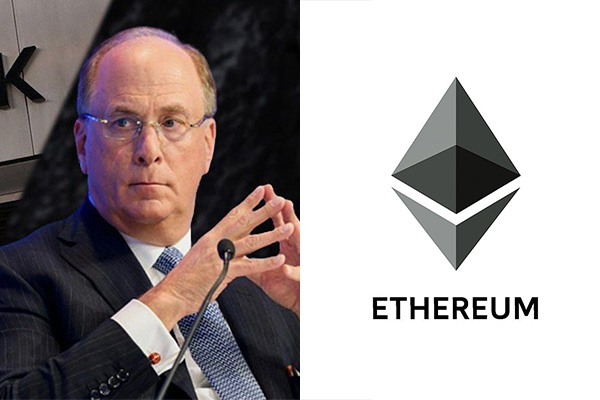
🏦 BlackRock Files to Add Ethereum Staking to ETF Proposal
New York, NY — July 17, 2025 — In a landmark move for the crypto investment space, BlackRock, the world’s largest asset manager, has filed with the Securities and Exchange Commission (SEC) to modify its Ethereum ETF proposal to include staking capabilities.
This addition could redefine how institutional investors engage with ETH and set a precedent for future digital asset products.
The BlackRock Filing Explained
The amended S-1 registration statement, filed earlier this week, outlines BlackRock’s intention to allow a portion of the ETF’s Ethereum holdings to be staked on the Ethereum network.
This move would generate passive income through staking rewards, which would be distributed to shareholders or reinvested depending on regulatory approval.
Why Add Staking?
Several factors are driving this strategic decision:
- Higher Yield Potential – Staking Ethereum offers annualized returns between 3–6%.
- Investor Demand – Institutions are seeking yield-bearing crypto assets beyond simple exposure.
- Network Participation – Staking helps secure the Ethereum blockchain, aligning financial incentive with decentralization.
Regulatory Response: SEC in Focus
The SEC has historically been cautious with staking-related financial products, viewing them as potentially crossing into the territory of “investment contracts” under the Howey Test.
Legal experts suggest that the SEC may request additional disclosures and may delay approval as it evaluates whether staking rewards constitute a form of yield-bearing security.
What This Means for Ethereum
The integration of staking into a mainstream ETF has several implications:
- Increased Institutional Staking – Large custodians may dominate validator pools.
- Network Security Boost – More ETH being staked improves decentralization and security.
- Volatility vs. Utility – Price action may become more stable as more ETH is locked for staking.
Industry Voices React
“This is a huge milestone for staking legitimacy,” said Elena Thorne, Crypto Regulation Analyst at ChainBrief.
“It sets the stage for staking to be integrated into traditional finance vehicles,” noted Mark Iwata, Partner at Staker Capital.
However, some critics argue it may centralize staking power in the hands of large asset managers.
Investor Takeaways
- More Than Price Exposure – Investors could receive rewards from network participation.
- Risk Factors – Potential risks include slashing penalties or validator downtime.
- Regulatory Unknowns – Final approval hinges on SEC interpretation of staking under securities law.
Conclusion
BlackRock’s decision to incorporate staking into its ETH ETF represents a bold leap toward merging decentralized finance with institutional investing.
Whether the SEC will greenlight this innovation remains to be seen, but the filing itself signals growing confidence in Ethereum’s maturing ecosystem.